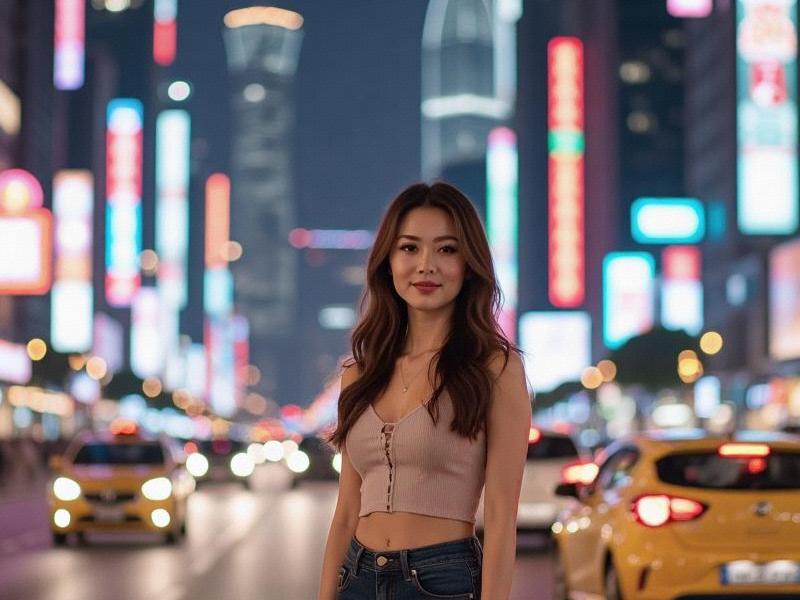This 2,800-word special report examines Shanghai's transformation into a unique fusion of technological ambition and cultural preservation, where AI labs neighbor art deco mansions and blockchain startups share courtyards with traditional tea houses.

[The Paradox of Progress]
In a converted 1930s textile factory near Suzhou Creek, engineers in VR headsets test metaverse applications while downstairs, eighth-generation Shanghainese tailors hand-stitp qipao dresses using century-old patterns. This juxtaposition captures Shanghai's 21st century identity - simultaneously racing toward the future while carefully preserving its past.
[Tech-Culture Fusion Hotspots]
1. West Bund AI Arts District
- 28 galleries featuring algorithm-generated art
- Quantum computing demo center
- Historic aircraft hangars repurposed as VR studios
- Visitor demographics: 40% tech professionals, 35% artists
2. Zhangjiang Biotech + Traditional Medicine Park
- CRISPR labs alongside TCM herbal gardens
- AI-assisted acupuncture research
- 72 startups blending ancient remedies with modern science
- Investment: ¥15.8 billion since 2022
上海龙凤阿拉后花园 3. People's Square Metaverse Hub
- Digital twin of 1920s Shanghai
- NFT versions of museum collections
- Mixed reality opera performances
- User base: 2.3 million monthly active participants
[Economic Cross-Pollination]
Sector Integration:
• Luxury brands funding tech incubators (17 major partnerships)
• State-owned enterprises backing avant-garde art spaces
• Venture capital firms requiring cultural literacy training
• University programs merging computer science with fine arts
• Corporate collecting of digital art reaching ¥3.2 billion annually
[The New Creative Class]
上海贵人论坛 Demographic Shift:
• 38% of tech workers have arts backgrounds (up from 12% in 2015)
• Traditional craftspeople adopting 3D printing (63% adoption rate)
• Average age of culture-tech entrepreneurs: 31.4
• Gender balance in hybrid ventures: 45% female leadership
• Salary premium for cross-disciplinary skills: 22-35%
[Global Connections]
International Networks:
• 48 collaborative projects with Silicon Valley cultural tech firms
• Sister lab agreements with Paris' Centre Pompidou
• Shanghai-Seoul digital heritage preservation initiative
• Annual East-West Creative Technology Summit (2025 attendees: 8,700)
[Policy Innovations]
上海花千坊爱上海 Government Support Mechanisms:
• Tax incentives for culture-tech hybrids
• Fast-track visas for "creative technologists"
• Zoning exceptions for mixed-use innovation clusters
• Intellectual property protection for digital art
• Municipal funding for experimental collaborations
[Challenges Ahead]
Balancing Acts:
• Maintaining authentic culture amid digitization
• Preventing commercial homogenization
• Protecting traditional knowledge in open innovation systems
• Managing gentrification pressures
• Sustaining quality in rapid experimentation
Shanghai's unexpected emergence as both China's cultural capital and its most inventive tech hub suggests a new urban development model - one where bytes and brushstrokes, algorithms and aesthetics, silicon and silk road heritage don't merely coexist but actively enhance each other. As other global cities wrestle with the perceived tension between technology and culture, Shanghai's synthesis points toward a more integrated future for creative urban economies.